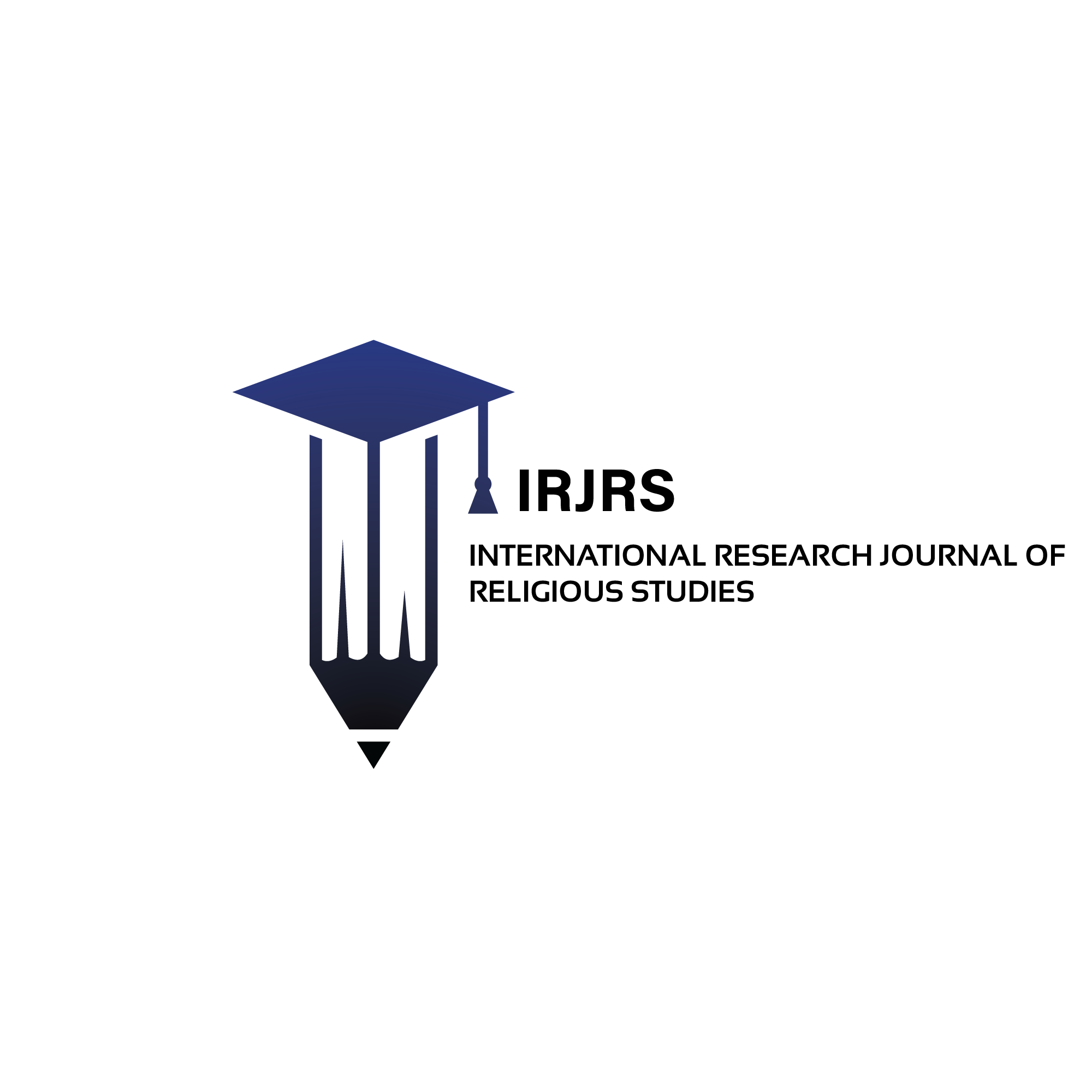زرتشت کے بین الاقوامی تجارت پراثرات کااسلامی تعلیمات کی روشنی میں جائزہ
ANALYSIS OF ZOROASTRIANISM'S EFFECTS ON INTERNATIONAL TRADE IN THE LIGHT OF ISLAMIC TEACHINGS
Keywords:
Zoroastrianism, Islamic teachings, international trade, trade ethics, economic history, Persia, religious influence.Abstract
This paper examines the influence of Zoroastrianism on the development of international trade and its intersections with Islamic teachings. Zoroastrianism, one of the world’s oldest monotheistic religions, emphasized ethical commerce, mutual trust, and the protection of trade routes, laying a foundation for early economic interactions across regions such as Persia, Central Asia, and the Indian subcontinent. With the advent of Islam in the 7th century, many of these principles were embraced, modified, and expanded upon within the framework of Islamic ethics. Islamic teachings on trade—such as fairness, honesty, and the prohibition of exploitative practices—align closely with the Zoroastrian focus on justice and social harmony in commerce. This study explores how Zoroastrian traders contributed to the Silk Road and other networks and how Islamic principles later shaped these practices into a cohesive framework that influenced trade across the medieval Islamic world. The analysis highlights the continuity and transformation of trade ethics, fostering intercultural dialogue and economic connectivity.





